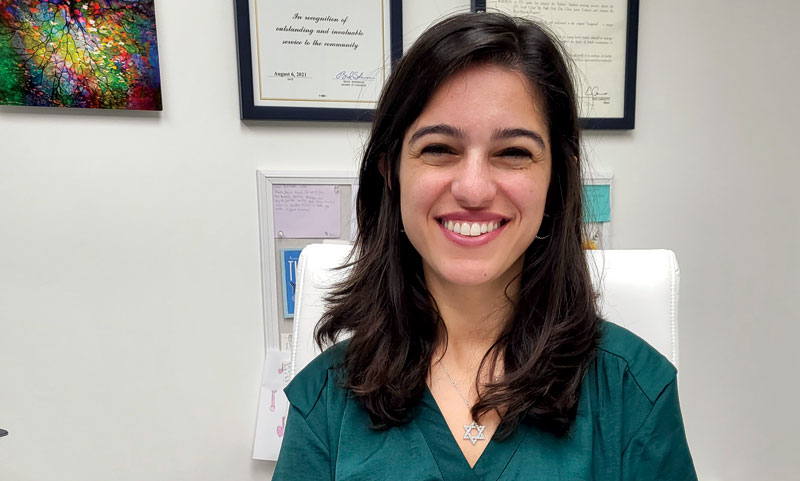
“Persian Jewish melodies, to my knowledge, never have been transcribed,” and Cantor Jacqueline Rafii of Valley Beth Shalom has made it a life goal of her unique career to correct that absence.
As one of only three Persian women cantors in the United States, she believes that in the past there wasn’t a need or interest to preserve those documents. “The melodies were passed on, generation to generation, orally, by men, like my grandfathers,” she said. “You knew Hebrew liturgy. You had to chant it because it was passed down to them. Their voices had been recorded on cassette tapes. We Persian Jews only have been in the United States for one and a half generations.”
“The melodies were passed on, generation to generation, orally, by men like my grandfathers. You knew Hebrew liturgy. You had to chant it because it was passed down to them. Their voices had been recorded on cassette tapes.”
– Jacqueline Rafii
The 2,000-year history of Persian Jews in Iran effectively ended with the 1979 Revolution. Now there is an interest in preserving, sharing and hearing these melodies. “But that same oral transmission is not possible,” said Cantor Rafii. “Many people who knew the melodies [such as her grandfathers] have passed away.”
There’s also a cultural hitch. In the process of fleeing Iran, she said, “some translation has been lost because now we are assimilating into America. People don’t speak the language as well. We are assimilating into Ashkenazic traditions and Judaism.”
The cantor’s parents arrived in 1980; both she and her brother were born here. The tight-knit Persian community was drawn to the same synagogues: Sinai Temple, the Sephardic Temple and Nessah.
Not the Rafiis. “My parents wanted something different for my brother and me,” said the cantor, “so he and I could do the same things, so I would not be prevented from chanting Torah.” Girls could not read from the Torah at more traditional shuls with large Persian congregations. Cantor Rafii’s mom “wanted to make sure we were in a progressive synagogue, one that allowed boys and girls the same level of participation. We were the first Persian family to join Wilshire Boulevard Temple in 1991.”
That change, she said, put her on “a totally different trajectory. I was able to live on the margin of two cultures.” While she had strong Persian American identity, she was exposed to Ashkenazic American Reform Judaism, which encouraged women to sing. At Wilshire Boulevard, Cantor Don Gurney, Rabbi Steve Leder and others encouraged Rafii to pursue a cantorial life.
When the elder Rafiis fled Iran in 1979, the cantor’s father brought a cassette of her grandfather leading the Passover seder in Tehran in 1971.
“We found the tape about 2017,” Cantor Rafii said. “My father and I listened to it together. I heard the voice of my grandfather, Yehuda Rafii, of blessed memory, singing Persian Jewish melodies at the seder. I was so moved.” Her passion for music emerged “from the depths of my soul. I had a love for music instilled in me by my parents — especially my dad, who played the violin growing up.”
As a sophomore at Beverly Hills High School, the 15-year-old Jackie began her classical training, which continued on to UCLA and law school. For three years, she would practice entertainment law. “The convergence of all the different parts of my identity,” she reflected, would need time to emerge. “I knew the greatest way to live out my calling was to become a cantor. But it was not a common path. Only recently had the door been opened for Persian women cantors.”
But she was interested in “a rigorous education and having a community. I thought law was a safer choice.” During law school and while practicing law, she served as a cantorial soloist at Wilshire Boulevard Temple, Sinai Temple, a few times at Temple Judea, Kehillat Ma’arav, and at a Persian High Holy Day ceremony.
While increasingly involved in leading services, given the complex circumstances, she calculated it could take 15 years to become a cantor. She was still working as a lawyer when a group of young musicians performed at an office holiday party. One lyric they sang struck a deep chord, one that altered her life path: “How long will you wait before you die to pack up your bags and fly?”
For Rafii, “it was a lightbulb. I was crying. My heart was being tugged in a creative direction. How much longer can I turn my back on my calling?” Her then-boyfriend [now husband] Lev, regularly asked, “What are you waiting for?”
Together, they brainstormed ideas. She would have to quit her job, take a full-time position in the Jewish community, preferably as a cantorial soloist — and go to school full-time. An opportunity arose at Shomrei Torah (now HaMakom), a Conservative shul in the west Valley. “They were looking for a musical person to engage the community, and we took a chance on each other,” she said.
Two years ago, she came to Valley Beth Shalom, Encino, where she may have more duties than fingers: She oversees the music for VBS’s four schools and for the synagogue and handles b’nai mitzvah programs. She also packs in a range of pastoral duties, including starting a women’s spiritual group. She has become known for her deep Torah commentaries. When time permits, the cantor has dinner on Wednesday evenings.
And if she wasn’t busy enough, she turned to preserving Persian Jewish melodies. “You must notate music in today’s world,” she said, “marking with spots or lines. Then you write and record. I listened to the tape of my grandfather’s voice about 500 times,” she said. “My dad sat next to me. We tried to figure out the notes my grandfather was singing. Then I transcribed them and wrote them down. My grandfather had translated a psalm into Farsi. We put it back into the original Hebrew.”
She broke the process down. “You listen to the music, put it down on paper, and anyone who reads music can take this, sit at a piano, play it out and sing it.” But there are issues. Once you put it on paper, you are freezing it, she said. One challenge of living in America is that to put the music on paper, you must take an Eastern system of music and make it understandable to Western musicians. It becomes seriously complicated. “This is a lifelong project,” Cantor Rafii said.
She also composes Persian melodies, taking Persian motifs and applying them to prayers. “Composing,” the cantor noted, “also is a wonderful way to build upon a tradition.” But she had to figure out “what to do once you find and record them. “If you keep them in a museum, they will die.”
The idea hit her: What if you incorporate them into prayer services — and perhaps concerts. Her goal is to collect as many melodies as possible, preserve them, credit the people who have been preserving them, and then collaborate with other musicians studying this music and work together.
Long-term, she thirsts for togetherness. “I would love to build bridges of understanding and interest within our large Jewish family,” said the cantor. “We are so diverse. I hope we can embrace our different traditions. It will build connection and warmth within our Jewish family. This is what we need.”







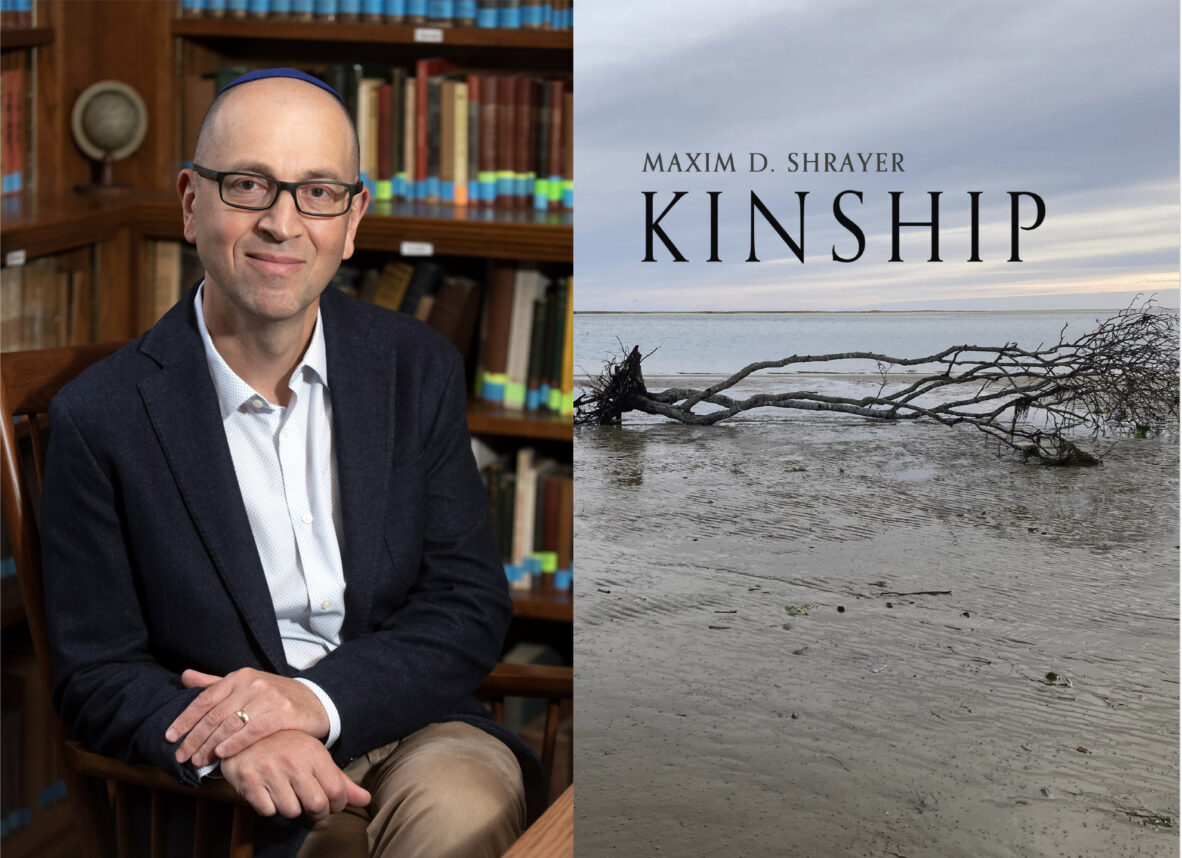
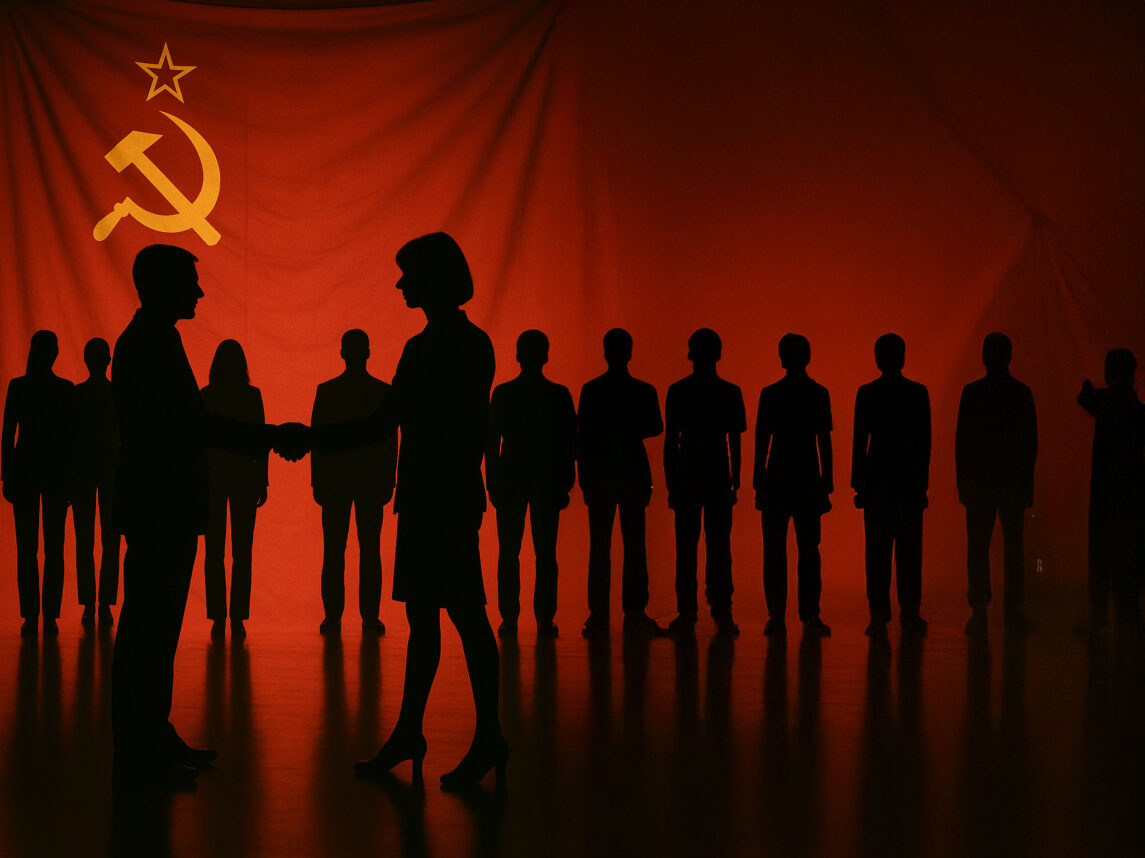
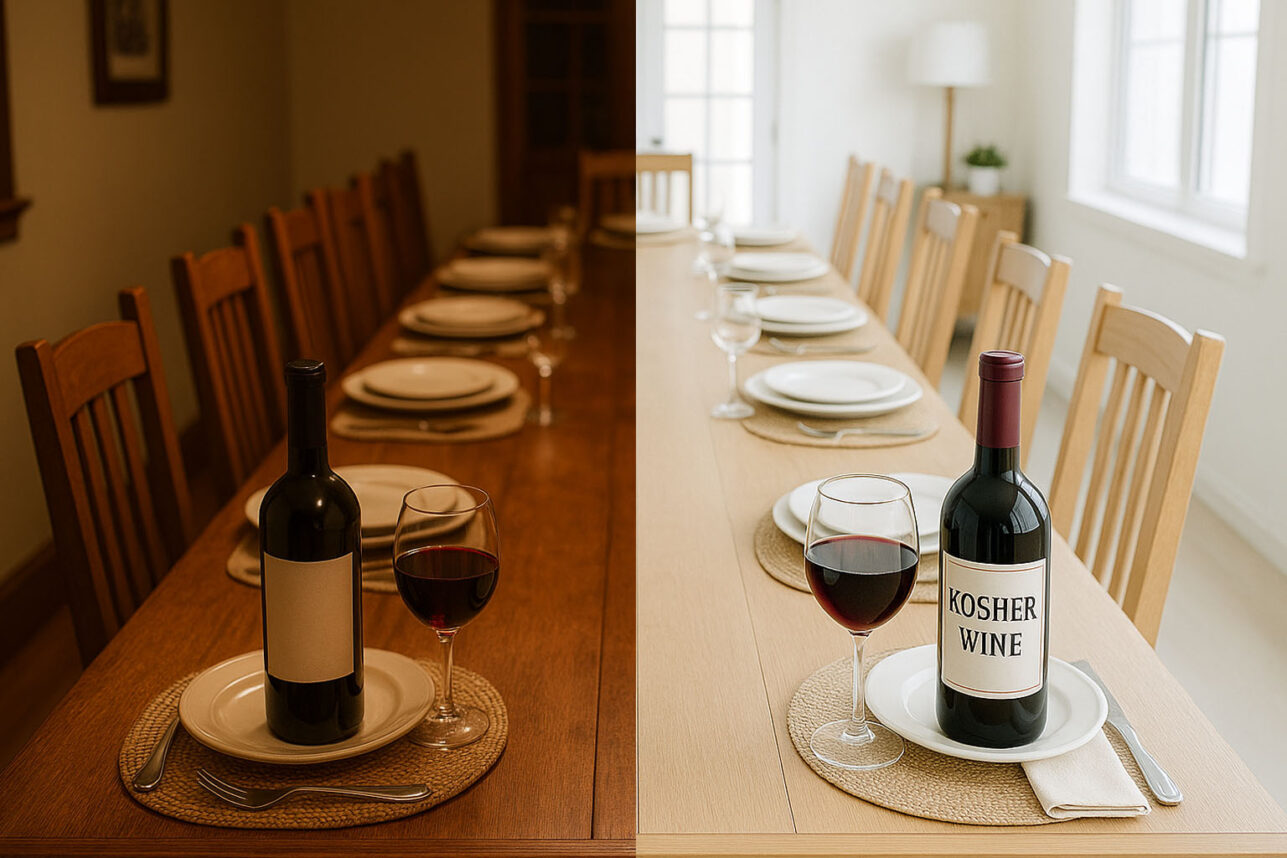


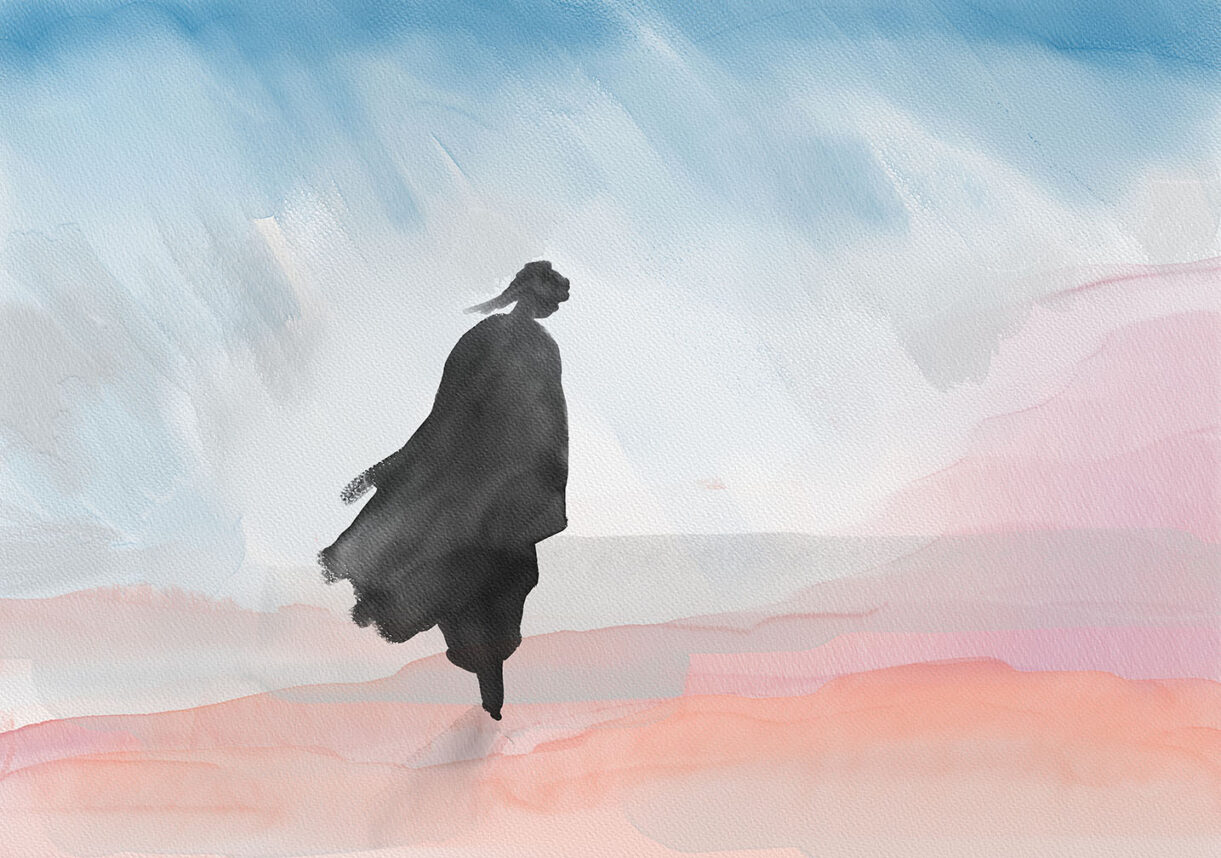


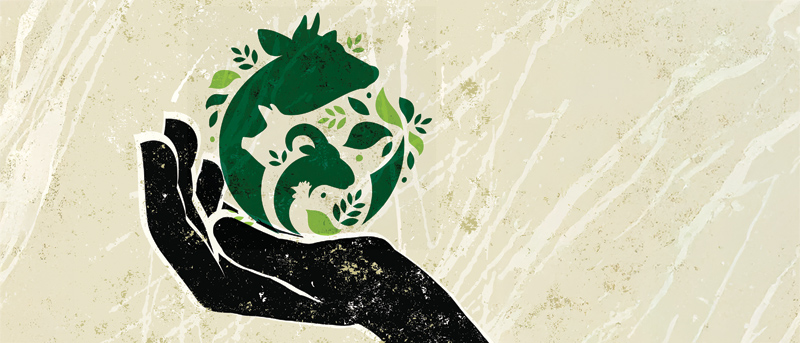
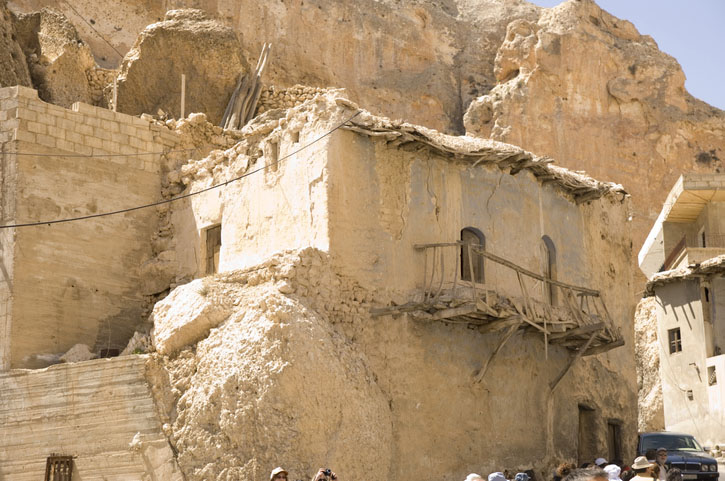




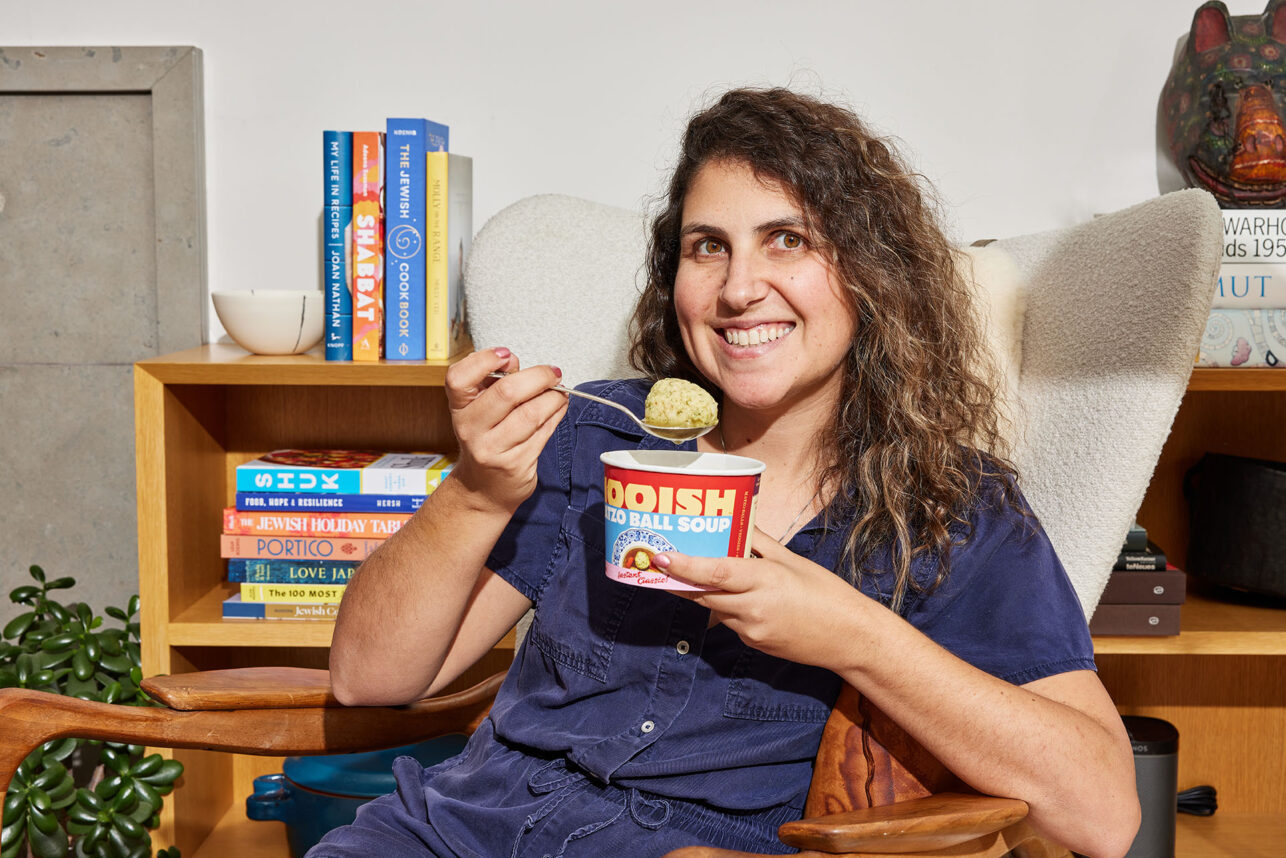


 More news and opinions than at a Shabbat dinner, right in your inbox.
More news and opinions than at a Shabbat dinner, right in your inbox.